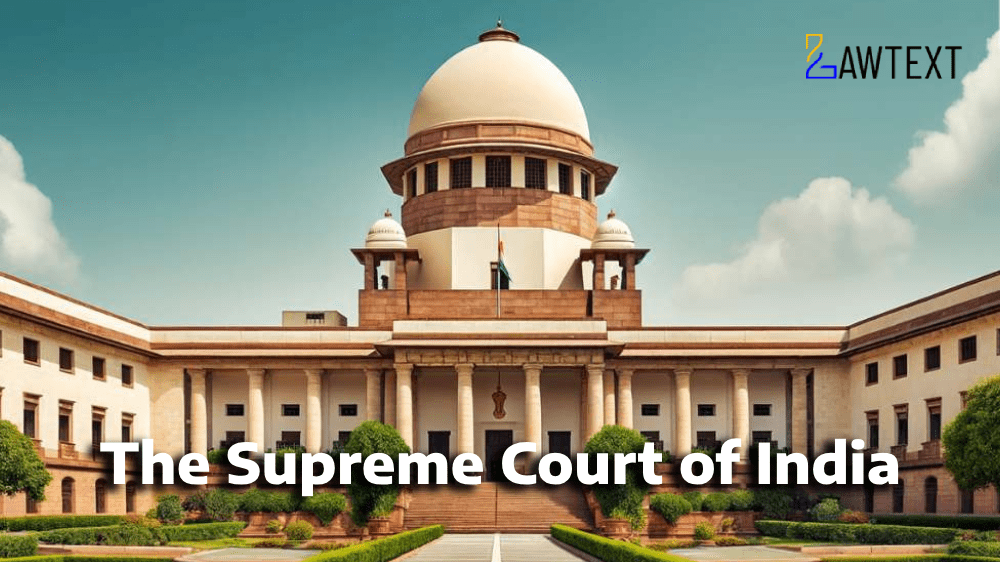Case Note & Summary
The Supreme Court of India acquitted an appellant convicted under Section 302 of the Indian Penal Code for the murder of Karambir. The Court found that the prosecution failed to prove the guilt beyond reasonable doubt, primarily due to the unreliability of key witnesses, Krishan Kumar (PW-5) and Ram Kumar (PW-8). The Court held that when the prosecution's case rests on wholly unreliable witnesses without corroborative evidence, a conviction cannot be sustained. Accordingly, the appellant's conviction and life sentence were set aside, and he was acquitted of all charges. 1. Background and Trial Court Conviction Conviction and Sentence: On 3rd May 1999, the Sessions Judge, Bhiwani convicted the appellant for murder under Section 302 IPC, sentencing him to life imprisonment and a fine of ₹500. Appeal to High Court: The appellant's appeal was dismissed by the Punjab and Haryana High Court on 21st April 2008, affirming the trial court's judgment. 2. Prosecution Case Incident Overview: On 5th June 1998, at around 11:30 a.m., Karambir was allegedly stabbed by the appellant in Prabhat Cinema, Bhiwani, leading to his instantaneous death. Alleged Motive: The appellant suspected Karambir of having illicit relations with his wife. 3. Key Prosecution Witnesses Krishan Kumar (PW-5): Brother of the deceased; claimed to be an eye-witness present at the scene. Ram Kumar (PW-8): Ex-Sarpanch; testified that the appellant made an extra-judicial confession to him. 4. Evidence and Contradictions Krishan Kumar's (PW-5) Testimony Inconsistencies: His statements in court deviated from his initial report (Exhibit-PF) used to register the FIR. Doubtful Presence: No blood stains on his clothes despite claiming to have touched the deceased; did not attempt to take his brother to the hospital. Contradictions with Other Evidence: Seating Arrangements: His account conflicted with the cinema manager's testimony and the investigating officer's findings. Other Witnesses: Accompanying friends, Ravinder (PW-6) and Mahender (PW-7), did not support his version and were declared hostile. Ram Kumar's (PW-8) Testimony Extra-Judicial Confession: Claimed the appellant confessed to him in the presence of Piare Lal (DW-1). Contradicted by Defence Witness: Piare Lal (DW-1) denied any such confession occurred. 5. Supreme Court's Analysis Witness Reliability: Declared both Krishan Kumar (PW-5) and Ram Kumar (PW-8) as wholly unreliable witnesses. Lack of Corroboration: No independent evidence supported their testimonies; other witnesses did not corroborate the prosecution's case. Extra-Judicial Confession: Considered a weak piece of evidence, especially when contradicted by other testimonies. 6. Conclusion and Acquittal Failure to Prove Guilt: The prosecution did not establish the appellant's guilt beyond reasonable doubt. Judgment: The Supreme Court set aside the convictions by the trial court and the High Court. Result: The appellant was acquitted, and his bail bonds were discharged. Acts and Sections Discussed
Indian Penal Code, 1860
Section 302: Punishment for murder.Code of Criminal Procedure, 1973
Section 313: Power to examine the accused. Ratio DecidendiA conviction for murder cannot be upheld when based solely on the testimonies of wholly unreliable witnesses without corroborative evidence. Extra-judicial confessions are weak forms of evidence and, when contradicted, cannot substantiate a conviction. The prosecution must establish the guilt of the accused beyond reasonable doubt; otherwise, the accused is entitled to acquittal.
Subjects:Murder, Evidence Evaluation, Witness Reliability, Acquittal on Benefit of Doubt
Criminal Law Murder Acquittal Section 302 IPC Witness Credibility Extra-Judicial Confession Evidence Assessment Benefit of Doubt Criminal Appeal Indian Penal Code
Issue of Consideration: DHARAMBIR @ DHARMA VERSUS STATE OF HARYANA
Premium Content
The Issue of Consideration is only available to subscribed members.
Subscribe Now to access critical case issues






